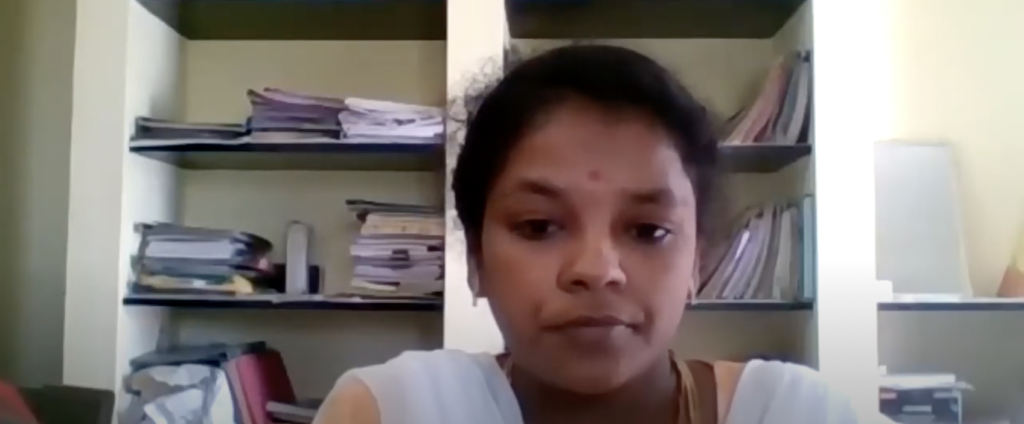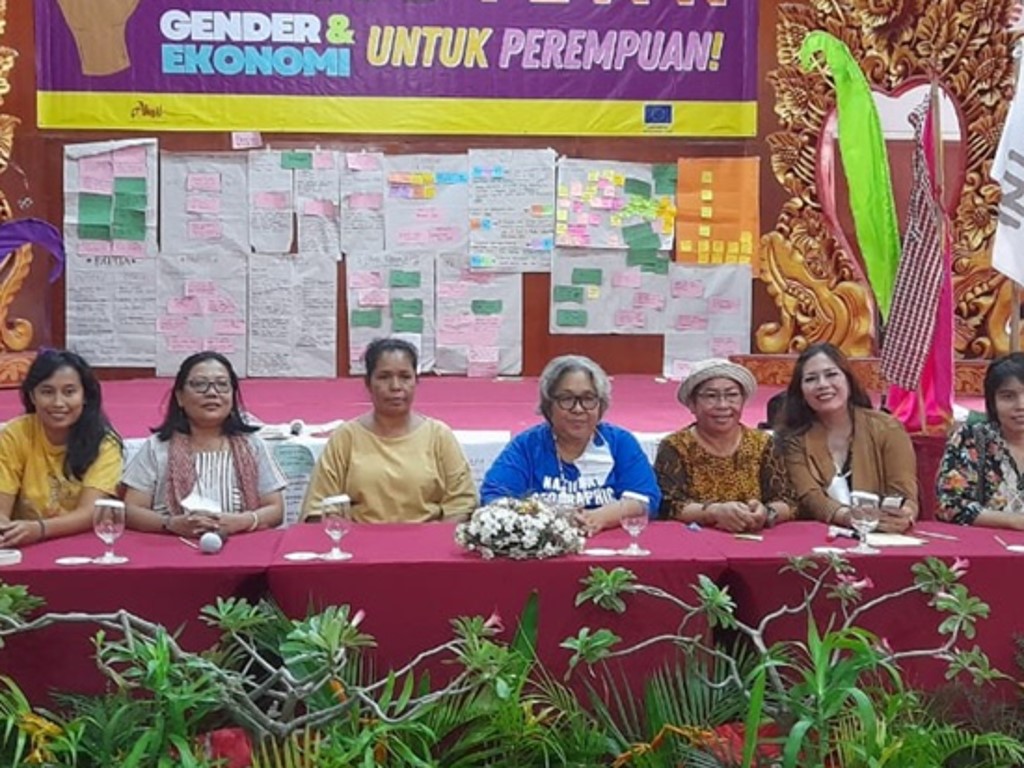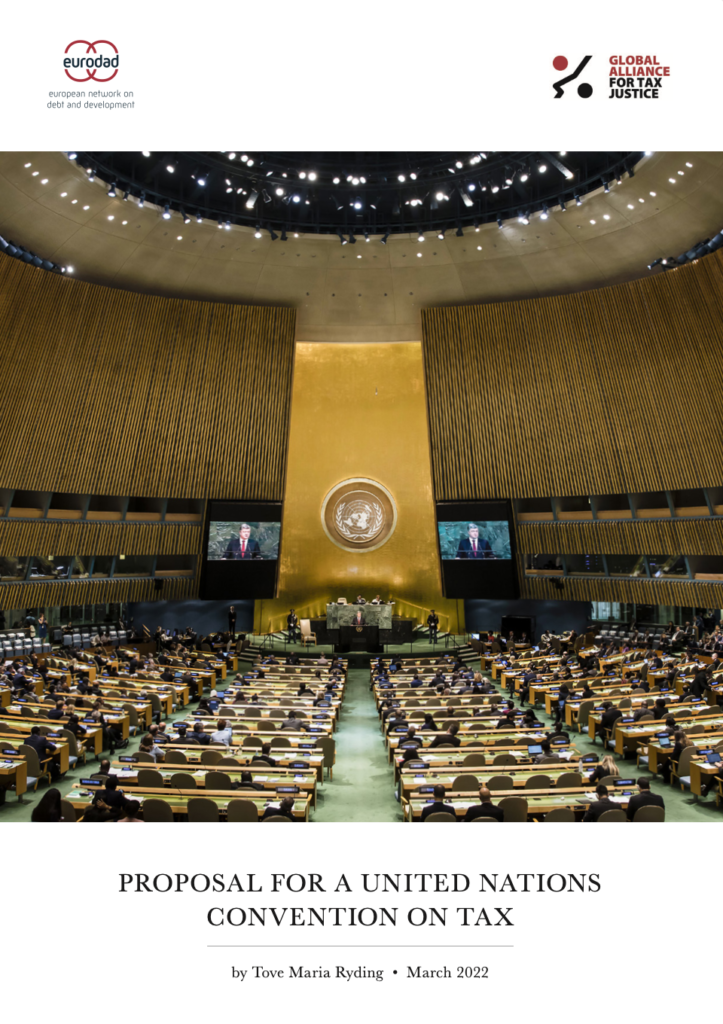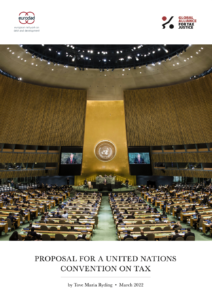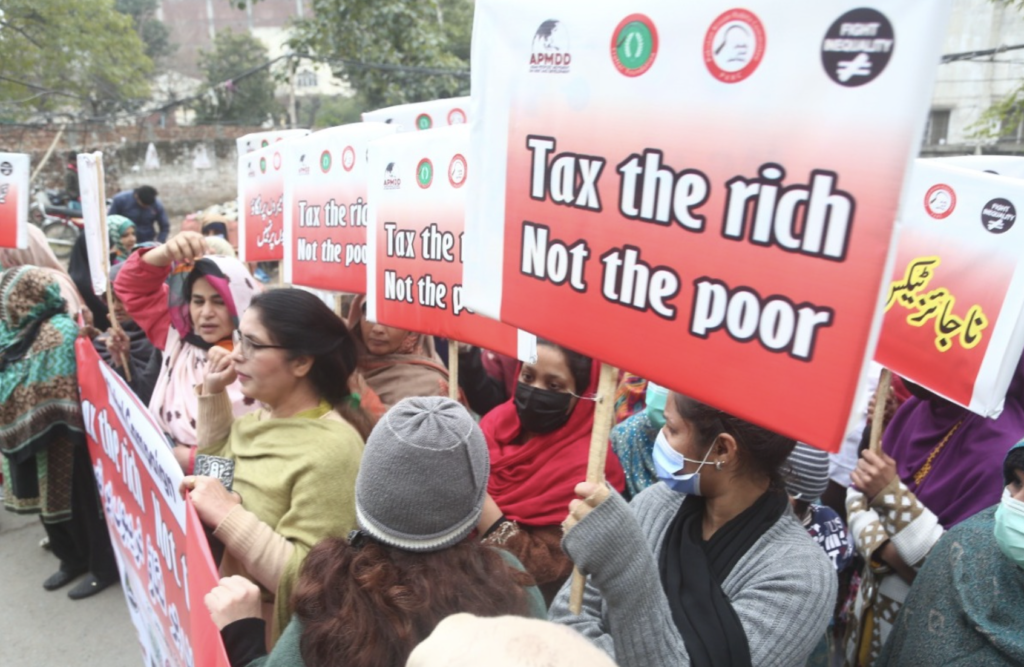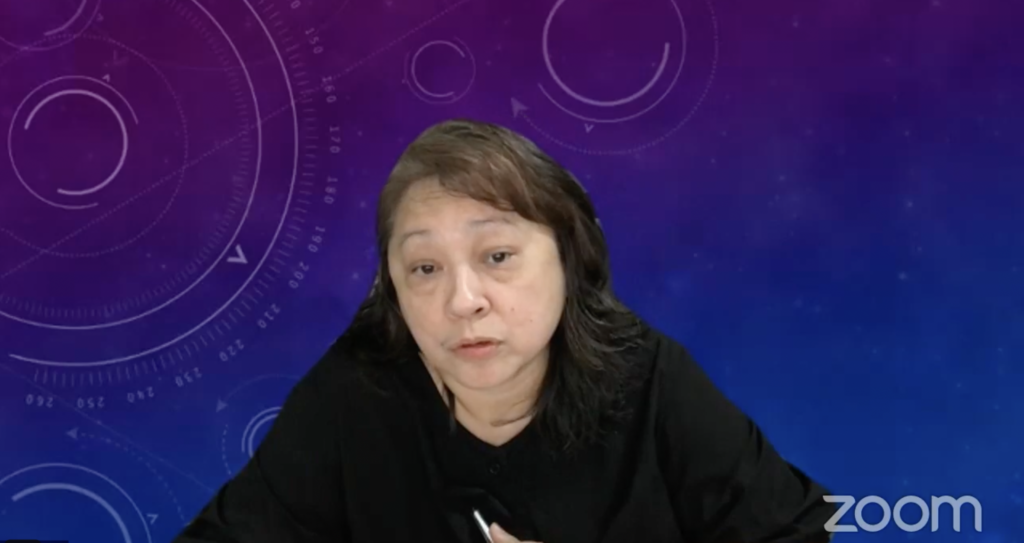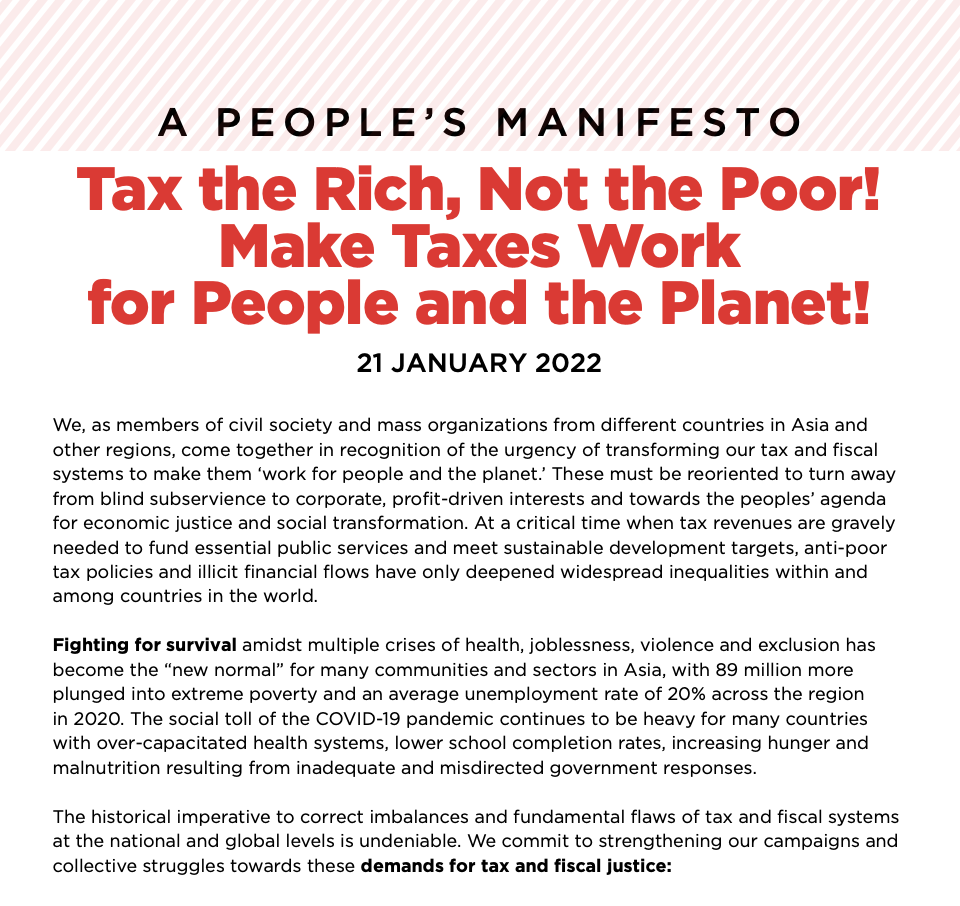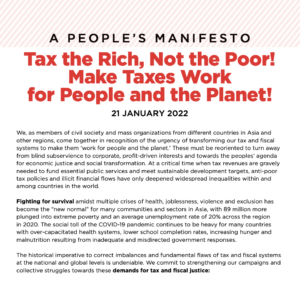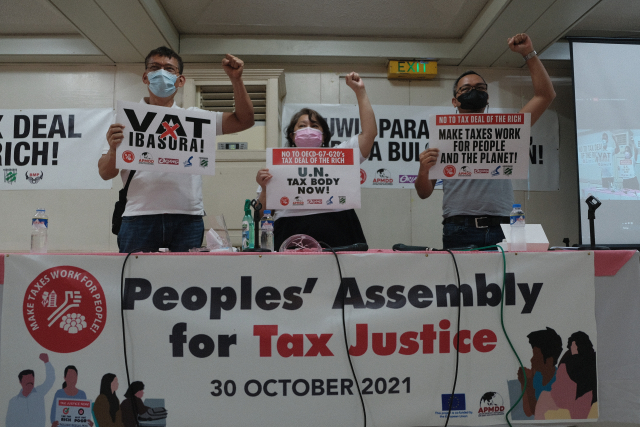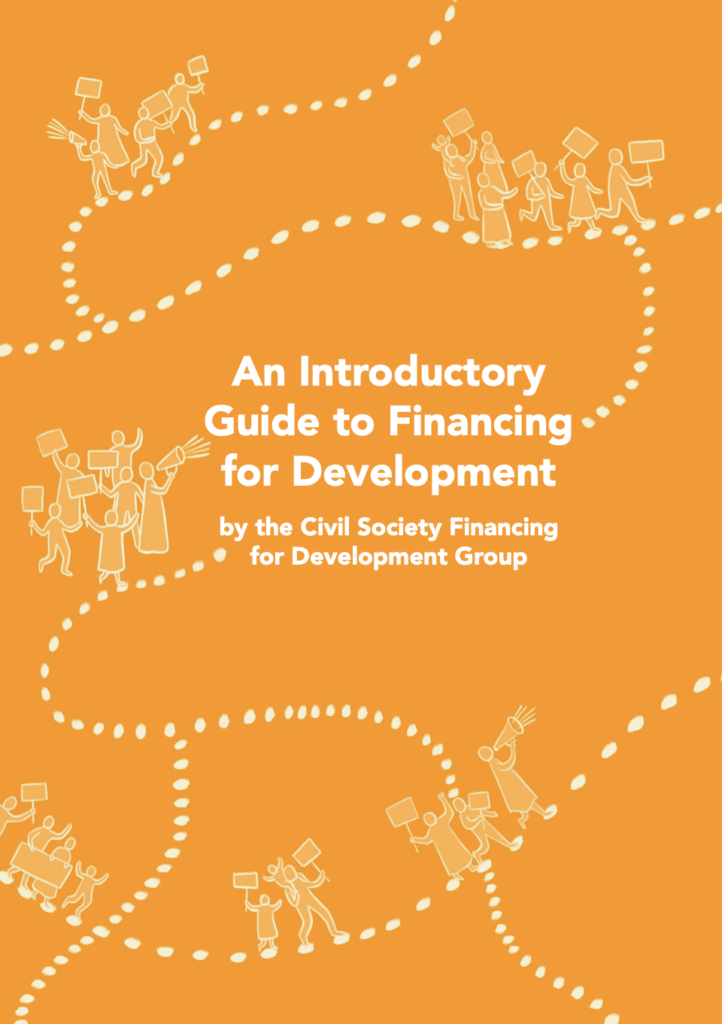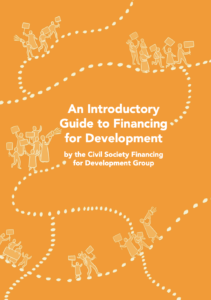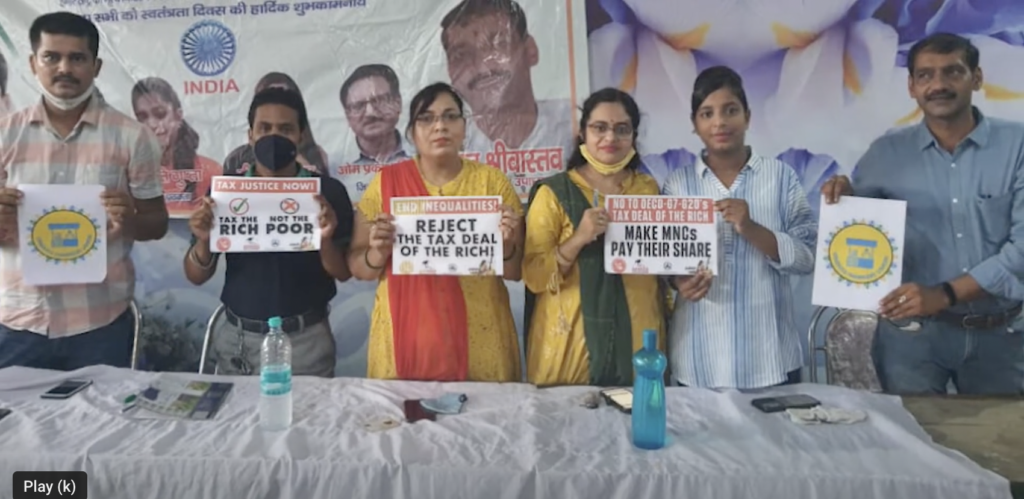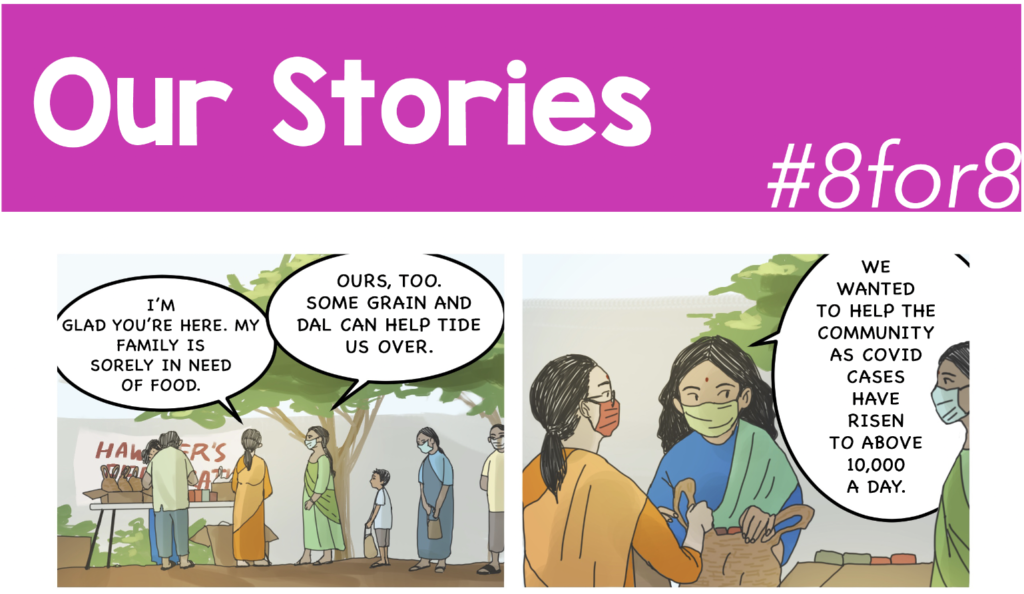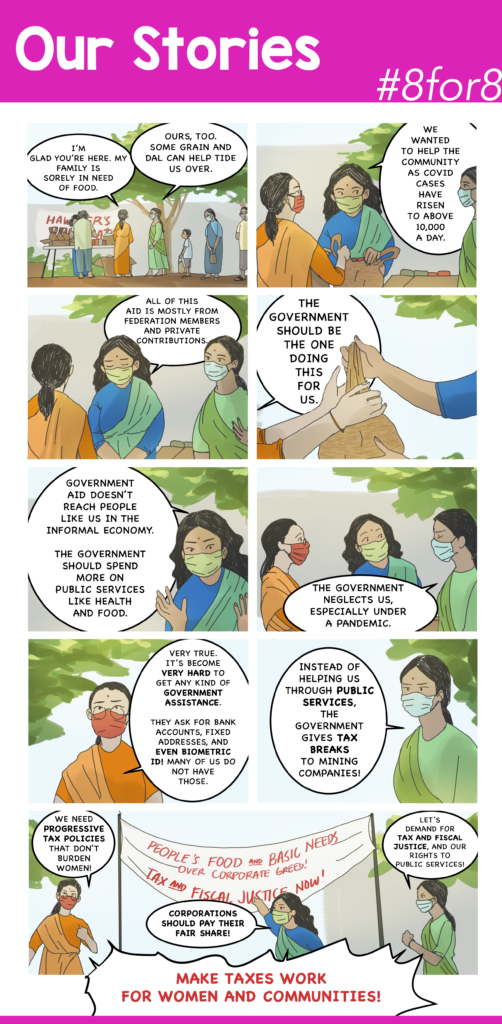The Asian Development Bank (ADB) launched the Asia Pacific Tax Hub on domestic resource mobilization and international tax cooperation in 2021. The stated objective under “international tax cooperation” is to promote tax initiatives of the Organization for Economic Cooperation and Development (OECD), a club of mostly high-income countries.
This explicit design and rationale of the Asia Pacific Tax Hub is extremely concerning considering the long history of criticism by developing countries, including in Asia, of OECD tax standards being biased and unfair.
Several Asian countries are not part of these OECD forums. For instance, the ADB notes that 26 of the 46 ADB developing members are not part of the OECD BEPS Inclusive Framework. (BEPS stands for “base erosion and profit shifting.”)
Read the full opinion piece (via Asia Times)

